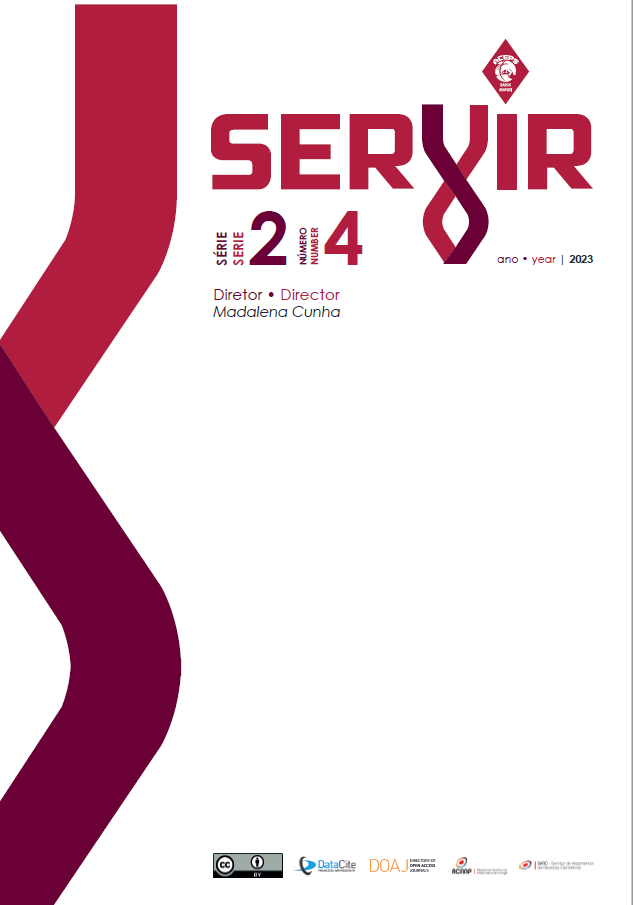Facilitating and hindering factors in the integration of newly graduated nurses
DOI:
https://doi.org/10.48492/servir0204.29328Keywords:
enfermerasAbstract
The period of integration of newly graduated nurses into professional life is a crucial stage, as it involves a process of transition from the student role to the professional role. This is a crucial time frame for professional socialization in which the new nurses acquire knowledge, develop technical learning and skills, and appropriate the profession’s values and culture.
The Patricia Benner’s Proficiency Model (2001), advocates that the newly graduated nurses who start working in a service are at the beginner level, without experience of the situations they face in clinical practice, are unaware or are not familiar with the objectives, processes of work and routines inherent in the provision of care, has difficulty in differentiating the relevant aspects from the accessories inherent in situations, and in transferring theoretical learning to clinical practice.
Downloads
References
Albuquerque, J. S. ( 2021). Integração dos enfermeiros e Construção da Identidade Profissional: Contributos da Supervisão Clínica [Dissertação de Mestrado]. Escola Superior de Enfermagem do Porto.
Benner, P. (2001). De Iniciado a Perito. Quarteto.
Carvalho, A. (2016). A supervisão clínica no processo de integração profissional de enfermeiros [Dissertação de Mestrado]. Escola Superior de Enfermagem do Porto.
Meleis, A. I. (2012). Theorical nursing: development and progress (5th ed.). Lippincott.
Published
How to Cite
Issue
Section
License

This work is licensed under a Creative Commons Attribution-NonCommercial-NoDerivatives 4.0 International License.
In order to promote the free circulation of knowledge, Servir is open access journal. All its content is available and protected under the Creative Commons license (CC BY 4.0).
The journal allows self-archiving in institutional repositories of all versions, which may become immediately available


